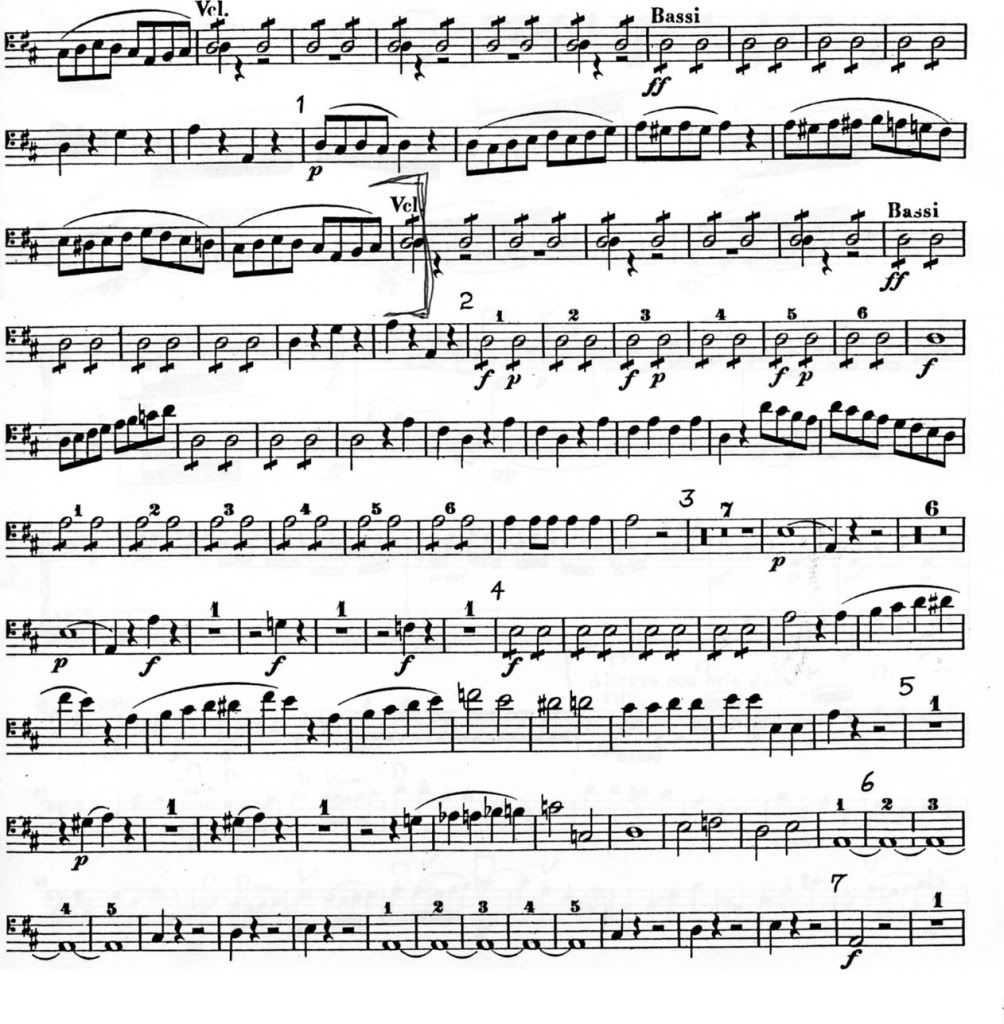Man is a Gornisht: Music & Mourning

The part I like most about subway musicians is that they provide a sense of relief amidst the hustle and bustling chaos that is getting from point A to point B through public transportation. The simple familiarity of a melody has that ability to remind us of the life we’re heading towards in that confused interim subterranean state. Washing through the crowd at Grand Central Station on a weekday morning, the last thing I’m thinking of is “love love love crazy love”, but when I hear it, I am returned to my real self; not the hasty, de-sanitized, plastic chaired and steel-barred self of the morning commute, but the musical, rooftop-praying, yogurt-eating person that I am, up there, who believes in love.
The other day, as my friend fretted away on his bass during this week of mourning I realized what it is about music that Jewish law would prohibit it for these days. It’s the relief of knowing that there is an end: The synthesis, the kick music lovers get each time they hear tension resolved, the realization that there is harmony and hope, after all. The best music in my opinion (I can’t handle and do not enjoy avant-garde too much) is the kind that puts up ideas, and plays around with them, even negating them, just enough for you to doubt, and give up on them, only to resolve and represent them again in a whole new light. True music is a journey that the listener rides to a glorious destination.
But what happens when there is no destination, when the end is undefined? What is the music for the mourner, when his loss has no consolation, for whom no words or sounds can offer comfort? What to say when there are no answers?
The experience of the mourner, Rav Soloveitchik explained, was a total loss of self-esteem. An absence of reference, parts of a whole void of meaning.
Gornisht: the mourner is nothing. He has no grasp of anything. He is lost in a subterranean world, with no exit, no comfort or relief, nor explanation.
This is, I think, the goal of Tisha B’Av. An attempt to just taste what it means to be confused about our confusion. For our generation, thankfully, we don’t understand what it is to suffer, compared with the pain and torment that previous generations of Jewry were forced to endure. The most we can do is turn down our Youtubes and walk through a grey and grimy subway station without the accompaniment of familiar sounds, to say, Abba, really I have no idea where the hell I am or where I’m going.
Eicha: Tisha B’Av is a communal history of a single unanswered question.
~Elc